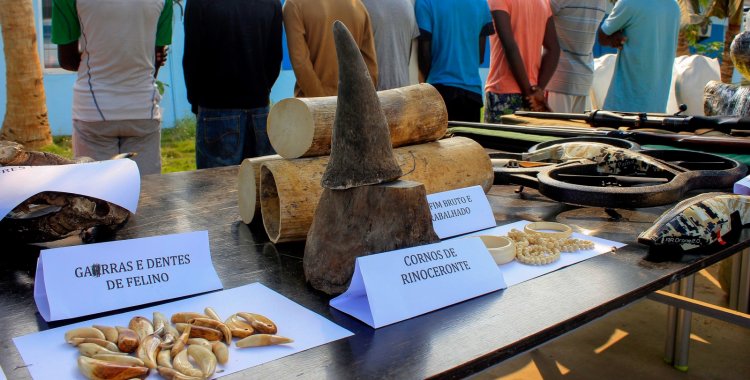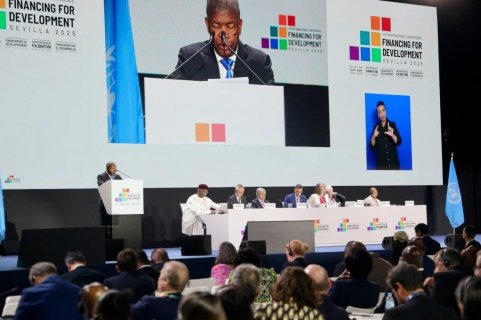The "Project on Combating Illegal Wildlife Trade and Human-Animal Conflict in Angola" has initially available over 4.1 million dollars for its implementation, funded by the Global Environment Facility (GEF).
The actions and goals of the project, which will be implemented over six years in two conservation areas in the interior of Angola, were presented Wednesday in Luanda during a workshop sponsored by the Ministry of Culture, Tourism and Environment.
Strengthening the policy, the legal and institutional framework and the national capacity for wildlife management and addressing wildlife crimes are some of the project's components.
According to the national coordinator, Aristófanes da Cunha, the project, with a two-year implementation delay driven by covid-19 and administrative issues, is expected to reach an overall budget of $20 million.
In addition to GEF funding, the project "must count on other co-financing such as from the Government and other organizations that are not considered in 'cash'," he said, noting that all together it could reach "more than $20 million.
The Luando Integral Natural Reserve, in Malanje province, and Maiombe National Park, in Cabinda province, are the conservation areas where the project will be implemented, and should also involve local communities and gender.
The goal is to "minimize the negative impacts on our fauna and flora of Angola," said the official, speaking to journalists.
"To reduce the loss of our biodiversity, avoiding that more species go to the list of endangered species", are other goals of this initiative, considered by the authorities as "ambitious".
Questioned by Lusa about the current reality of poaching in Angola, Aristófanes da Cunha said that the situation "continues to be worrying", especially in the conservation areas, where the "elephant has been the main victim" of poachers.
"The picture is not very good, because even today we still see many problems related to poaching, we see dead animals along the roads, we see and receive reports of poaching inside the conservation areas", he explained.
For this responsible, the community "is a very important factor in fighting this evil" and, he stressed, "it is important to allocate other sources of income generation to the communities so that they stop carrying out these practices that are harmful to biodiversity".
Without quantifying the weekly or monthly records of the number of animals that are slaughtered in the country, Aristófanes da Cunha only spoke of "many animals, mainly in the conservation areas", defending the "joint efforts of all sectors to put an end to the phenomenon".
The Minister of Culture, Tourism and Environment considered the project as "another important step in the protection and conservation of wildlife", admitting that it will "guarantee the preservation and continuity of the rich Angolan species for future generations".
"This project will contribute, equally, to achieve several objectives of sustainable development such as the fight against hunger and poverty, recomposition of gender equality, strengthen economic growth, combat inequalities, among others," said Jomo Fortunato, at the opening of the meeting.







